In a world that demands constant decision-making, cognitive clarity is an invaluable asset. Whether in high-stakes professional settings or everyday life, the ability to evaluate decision making alternatives with confidence and precision can shape outcomes dramatically. As modern science delves deeper into the connections between brain health and plant-based compounds, natural herbs have emerged as promising allies for sharpening our decision-making ability. For college graduates and professionals alike, understanding how natural remedies can assist in making choices between alternatives is more than an academic exercise; it is an essential tool for achieving better decision alternatives in both personal and professional domains.
You may also like: Navigating Life: Anxiety’s Impact on Decision-Making
Understanding the Cognitive Foundations of Decision-Making
Decision-making is not a singular act but a complex cognitive process involving attention, memory, emotional regulation, and analytical thinking. Before we explore how natural herbs can enhance these processes, it is important to grasp the cognitive architecture that underpins making choices between alternatives. Research indicates that the executive functions of the brain, particularly those located in the prefrontal cortex, are instrumental in evaluating decision alternatives, weighing pros and cons, and anticipating outcomes.
Making effective decisions requires more than instinct; it demands a systematic cognitive approach often outlined through frameworks like the five stages of decision making or the 7 step decision making process. Each model, from the eight steps in the decision making process to the streamlined 5 steps of decision making, highlights the sequential operations our minds perform. These include recognizing the need for a decision, identifying options, evaluating those options, choosing among them, implementing the choice, and reflecting on the outcome. Notably, what is the purpose of a decision if not to drive informed, beneficial action?
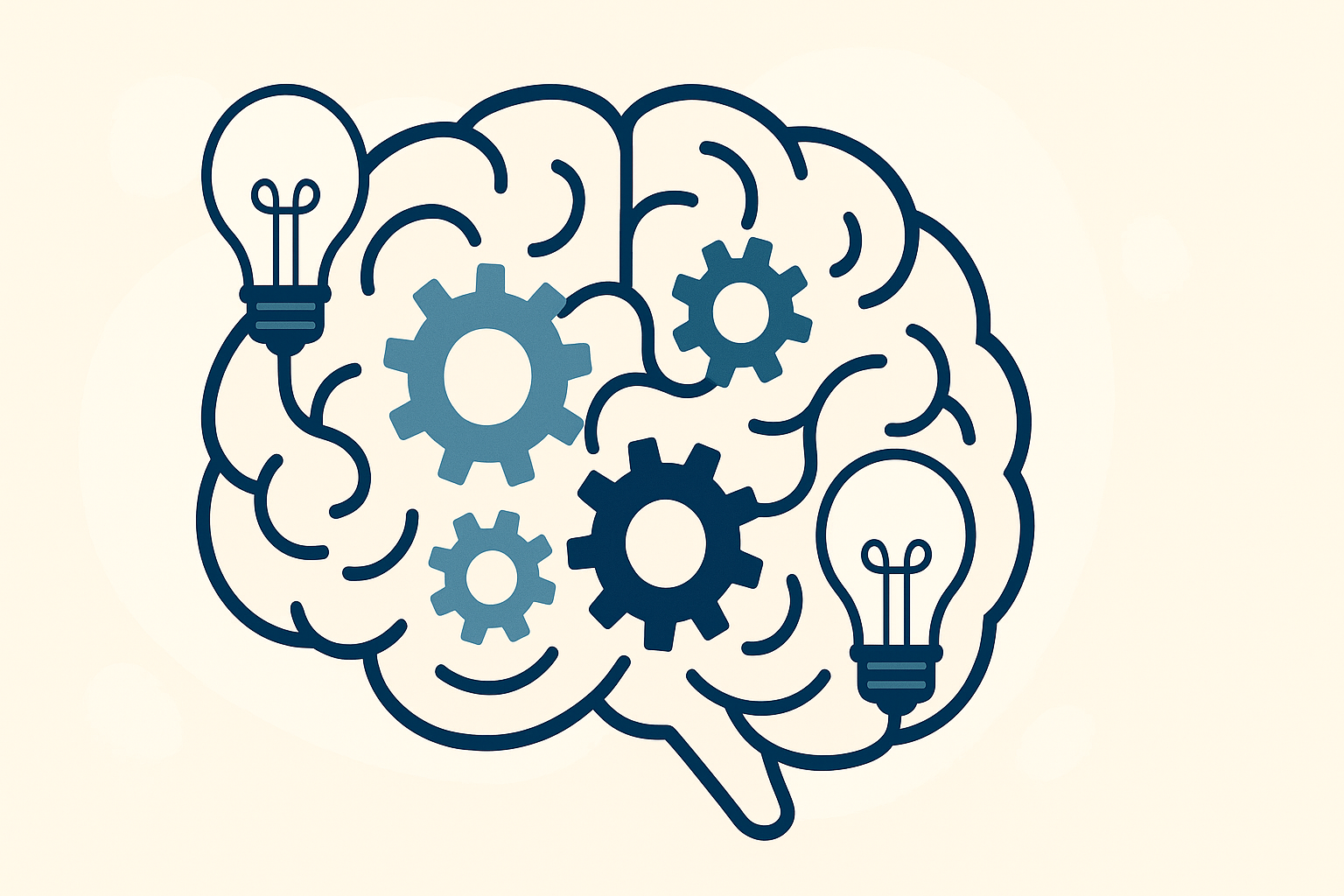
How Many Steps Are in the Decision-Making Process? Clarifying the Models
Students and professionals alike often wonder, how many steps are in the decision making process? The answer varies depending on the model used. The traditional 5 stages of decision making emphasize problem identification, information gathering, evaluation of alternatives, choosing the best option, and implementation. More comprehensive frameworks describe seven steps of decision making, adding stages such as weighing evidence and reviewing the decision after execution. Meanwhile, some models, particularly in organizational settings, advocate for an 8 steps in the decision making process approach to ensure thorough analysis and stakeholder buy-in.
Understanding which step comes first in the decision making process is critical: it all begins with problem identification. Without a clear understanding of the issue at hand, subsequent steps risk becoming directionless. Similarly, recognizing what is the second step in the decision making process helps maintain momentum, typically involving gathering relevant information. These stages are crucial for the development of sound decision alternatives.
The Role of Cognitive Health in Decision-Making
Cognitive health is the bedrock of effective decision-making ability. Good decision making is related to being mentally agile, emotionally balanced, and neurologically nourished. Neurological pathways responsible for memory retrieval, analytical reasoning, and emotional resilience play critical roles during the decision-making process. This is why development decision making becomes compromised when cognitive clarity falters due to stress, poor diet, or neurological degradation.
Those seeking to optimize decision making at work examples often demonstrate heightened attention to cognitive support through lifestyle choices, mindfulness, and increasingly, natural supplementation. This approach not only bolsters individual cognitive function but also supports team dynamics by ensuring that group members can make decisions effectively and collaboratively.
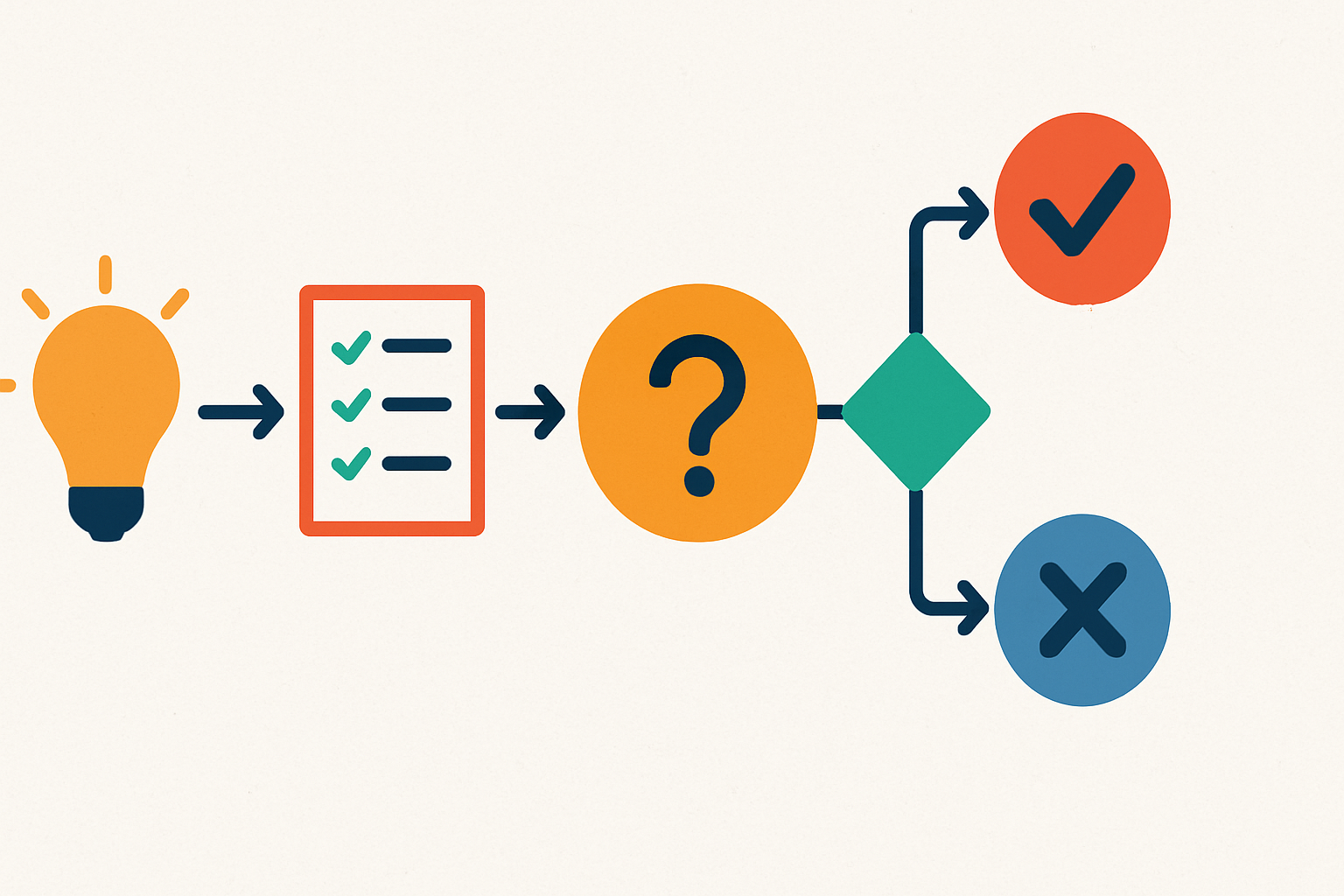
Natural Herbs as Allies for Better Decision Alternatives
An emerging body of research suggests that certain natural herbs can positively influence cognitive processes involved in making choices between alternatives. Herbs such as Bacopa monnieri, Ginkgo biloba, and Rhodiola rosea have been studied for their potential to enhance memory, focus, and stress resilience — key attributes for generating high-quality decision alternatives.
Bacopa monnieri, for example, is traditionally used in Ayurvedic medicine to enhance memory consolidation and learning. Scientific studies suggest it modulates neurotransmitters associated with cognitive processing, thereby supporting users in navigating the seven steps in the decision making process with greater ease. Meanwhile, Ginkgo biloba has been widely recognized for its capacity to improve cerebral blood flow, thereby enhancing memory and focus, which are crucial for evaluating multiple decision alternatives simultaneously.
Rhodiola rosea, known for its adaptogenic properties, can play a supportive role by mitigating cognitive fatigue and enhancing resilience under stress. This resilience is essential during complex decision-making situations, particularly when individuals must choose between equally challenging alternatives.
Enhancing Decision-Making Through Diet and Study Habits
Herbal supplementation is only one part of a comprehensive cognitive enhancement strategy. Diet plays a critical role, particularly when preparing for high-pressure environments such as exams or strategic decision-making meetings. Understanding what you read for exams becomes more effective when the brain is nourished with omega-3 fatty acids, antioxidants, and essential vitamins.
To support cognitive clarity, it is important to focus on how to remember stuff when studying, employing methods that strengthen memory consolidation. Techniques like spaced repetition, visualization, and active recall have demonstrated efficacy in cognitive research. When considering how to memorize something for a test, integrating healthy foods like blueberries, walnuts, and leafy greens into the diet can further support neural efficiency.
Students often search for how to remember things while studying, and while mnemonic devices and study techniques are important, they are exponentially more effective when the brain’s biological foundation is strong. Natural herbs and nutrient-dense foods work synergistically to support these goals, enabling individuals to list the steps of decision making process with greater fluency and effectiveness.
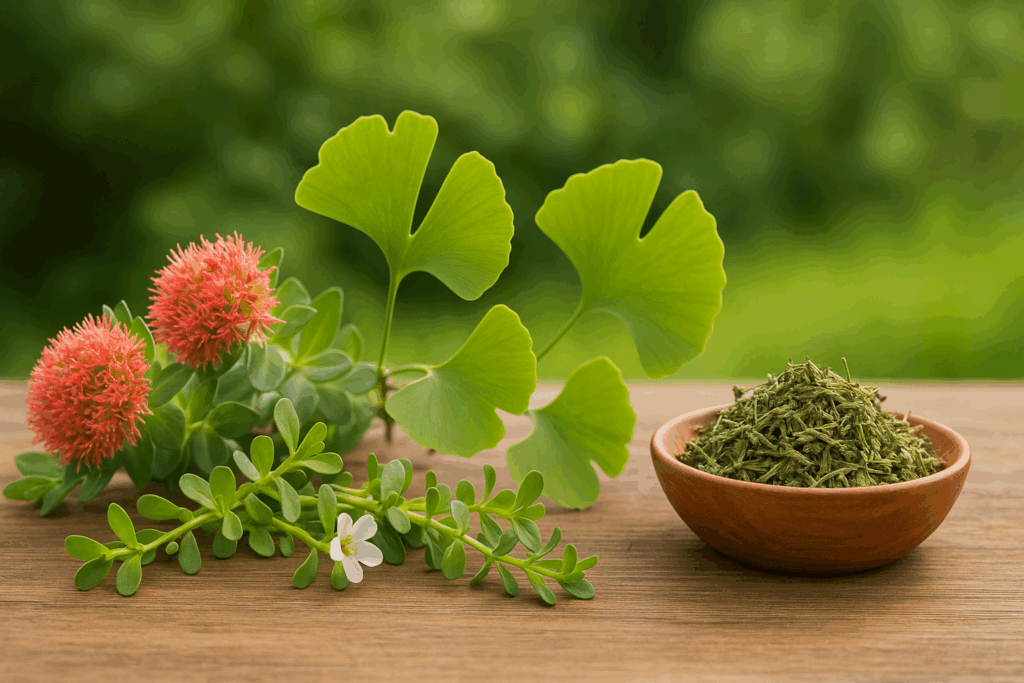
Making Choices Between Alternatives Under Stress: The Herbal Advantage
Decision-making under stress presents unique challenges. Stress narrows cognitive bandwidth, biases evaluation of decision alternatives, and compromises risk assessment. In such scenarios, adaptogenic herbs such as Ashwagandha and Holy Basil can be instrumental. Their cortisol-lowering effects help restore cognitive clarity, enabling users to remain composed and systematic even when navigating the complex eight steps in the decision making process.
Ashwagandha, in particular, has been shown to significantly reduce stress levels while supporting working memory and executive function. This can translate into greater effectiveness when making choices between alternatives, especially when decisions carry high emotional stakes. Similarly, Holy Basil enhances cognitive flexibility, ensuring that individuals can pivot when new information arises, a critical skill in dynamic decision environments.
Cognitive Strategies for Implementing Decision Alternatives
Beyond supplementation, cultivating cognitive strategies is vital for ensuring that decision alternatives are not only identified but effectively implemented. Mindfulness meditation, for instance, enhances present-moment awareness, which is key to recognizing subtle biases and emotional influences during decision-making. Cognitive Behavioral Therapy (CBT) techniques can also support clearer thinking by challenging cognitive distortions that undermine rational evaluation.
When engaging with the 5 steps of decision making, incorporating a mindfulness check-in between steps can significantly enhance decision quality. By taking a moment to reflect on emotional states and external influences, individuals ensure that their choices are truly reflective of their best judgment rather than transient emotions.
Real-World Applications: Decision Making at Work Examples
In professional settings, decision-making often occurs in high-stakes, complex environments. Decision making at work examples range from strategic business planning to crisis management. In these contexts, having a systematic approach — such as following the seven steps of decision making — can be a game-changer.
Organizations that prioritize employee cognitive health through wellness programs, stress management workshops, and access to natural cognitive enhancers often report better performance in terms of decision-making ability. Employees who understand how many steps are there in the decision making process are better equipped to navigate project planning, resource allocation, and conflict resolution scenarios.
Development Decision Making: Building Long-Term Cognitive Resilience
The concept of development decision making refers to the lifelong cultivation of cognitive skills necessary for effective decision-making. Natural herbs can be valuable tools in this ongoing development, particularly when paired with strategies such as continuous learning, reflective practice, and proactive stress management.
Neuroplasticity, the brain’s ability to adapt and rewire itself, underscores the importance of continuous development. By engaging in activities that challenge cognitive abilities and supporting the brain biologically through herbal supplementation and nutrition, individuals can build resilience against cognitive decline and enhance their capacity for making choices between alternatives across the lifespan.
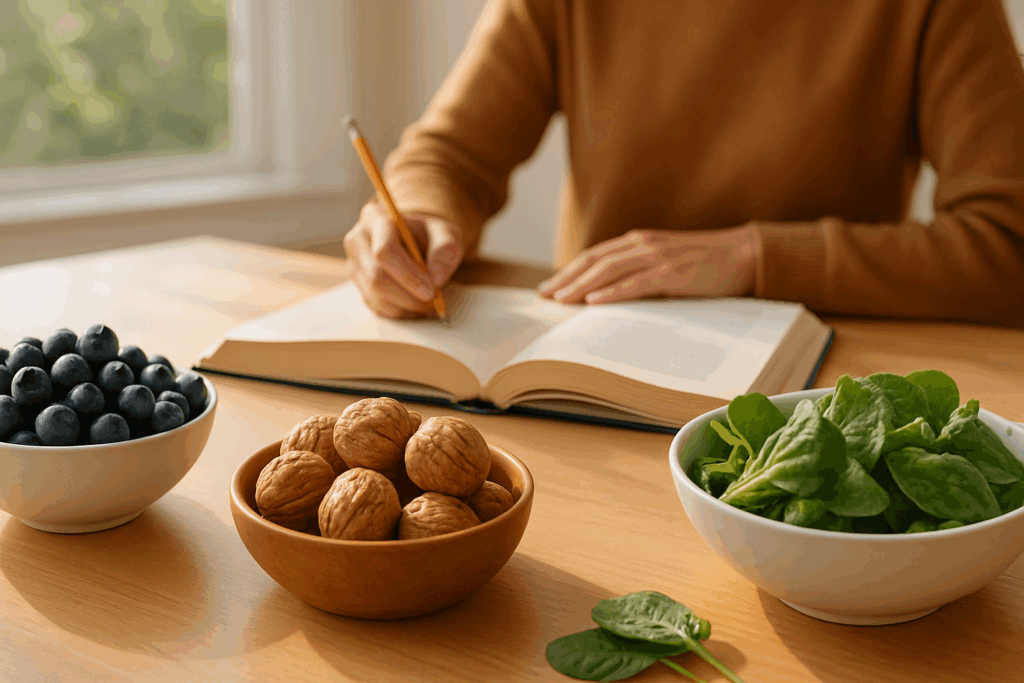
Integrating Herbal Support into Daily Routines for Better Decision Alternatives
To reap the full cognitive benefits of natural herbs, it is important to integrate them thoughtfully into daily routines. Morning supplementation with cognitive enhancers like Bacopa monnieri or Rhodiola rosea can set a foundation for clarity and resilience throughout the day. Paired with practices such as strategic goal-setting and mindfulness, these herbs can become part of a holistic approach to improving decision-making ability.
Similarly, incorporating brain-healthy foods and hydration strategies can amplify the effectiveness of herbal supplementation. Even when considering how to remember things while studying or making strategic decisions at work, the synergy between nutrition, herbs, and cognitive practices can significantly enhance outcomes.

Frequently Asked Questions (FAQ): Making Choices Between Alternatives and Herbal Cognitive Support
1. How can herbal supplements uniquely enhance decision making alternatives beyond basic cognitive support?
Herbal supplements not only enhance basic memory and focus but also fine-tune the subtle cognitive abilities needed for assessing complex decision making alternatives. For instance, adaptogens like Rhodiola rosea improve mental flexibility, allowing individuals to pivot smoothly when evaluating multiple decision alternatives. This adaptability is especially valuable when making choices between alternatives that require rapid reassessment. Emerging research suggests that certain herbal compounds can also enhance metacognition, helping individuals reflect more effectively on their own thought processes during decision-making. Ultimately, strategic use of specific herbs may help individuals move beyond surface-level evaluation to deeply nuanced judgment.
2. What role does emotional regulation play in making choices between alternatives and how can herbs help?
Emotional regulation is a foundational component of making choices between alternatives, as heightened emotional responses can cloud judgment and bias evaluation of decision alternatives. Herbs like Ashwagandha and Lemon Balm have shown promise in stabilizing cortisol levels and promoting calmness during cognitive exertion. When emotional states are balanced, individuals can approach decision making alternatives with a clear, steady mind. This emotional steadiness is critical when alternatives seem equally viable and require fine discernment. Furthermore, emotional regulation strengthens long-term decision-making resilience, reducing the likelihood of impulsive choices under stress.
3. Are there particular herbs that support the evaluation of ethical decision alternatives?
Ethical decision-making demands heightened self-awareness, empathy, and foresight when making choices between alternatives. Recent studies have pointed toward Lion’s Mane mushroom as a promising support for these higher-order cognitive functions due to its neuroprotective properties. Enhanced neural connectivity supported by such herbs may lead to better consideration of the broader consequences of decision alternatives. In professions requiring strict ethical standards, such as medicine or law, natural nootropics can provide subtle yet meaningful support. By strengthening executive functions like empathy and future-oriented thinking, herbs can indirectly contribute to more ethically sound decision-making processes.
4. How can natural herbs help during the early stages of evaluating decision alternatives?
The early stages of evaluating decision alternatives require expansive thinking, idea generation, and openness to multiple perspectives. Herbs like Gotu Kola, known for enhancing circulation and mental clarity, can be particularly effective during this stage. By boosting overall cognitive alertness, individuals are better equipped to gather wide-ranging information before narrowing down their choices. Making choices between alternatives often hinges on the quality of the initial brainstorming and research phase, and herbal support can enhance this critical foundation. Consistent use of cognitive-enhancing herbs ensures that no valuable alternative is overlooked during the evaluation phase.
5. How does long-term herbal supplementation affect decision making ability over a lifetime?
Long-term herbal supplementation, when combined with healthy cognitive practices, may support the preservation of decision making alternatives throughout aging. Herbs like Bacopa monnieri and Ginkgo biloba have been linked to sustained improvements in memory, processing speed, and mental flexibility, which are critical for evaluating decision alternatives later in life. A robust cognitive foundation makes making choices between alternatives feel less overwhelming even in complex scenarios. Over decades, individuals who support their cognitive health with natural interventions may find that their capacity to assess nuanced options remains sharper compared to peers who rely solely on reactive measures. Herbal support thus offers a preventative strategy rather than a short-term fix.
6. Can herbs influence social and collaborative aspects of making choices between alternatives?
Absolutely, social dynamics play a major role in collaborative decision making alternatives, and herbs can help facilitate better interpersonal engagement. Adaptogens such as Schisandra chinensis not only support individual cognitive clarity but also promote emotional resilience and patience, which are essential when navigating group decision alternatives. Making choices between alternatives in teams often requires active listening, compromise, and diplomatic negotiation — all skills enhanced by emotional stability. Some natural herbs even subtly improve verbal fluency and sociability, making group discussions more effective and inclusive. Herbal supplementation thus addresses not only the cognitive but also the interpersonal dimensions of decision-making.
7. How can herbs complement strategic frameworks like the seven steps of decision making?
Integrating herbal support with strategic frameworks like the seven steps of decision making offers a holistic approach to cognitive optimization. For example, when listing decision alternatives in step three, cognitive enhancers such as Panax Ginseng can boost mental stamina, ensuring thorough exploration. During later stages such as evaluation and reflection, herbs that foster deeper analytical thinking, like Rosemary, provide an additional layer of cognitive sharpness. Making choices between alternatives is a rigorous process that demands sustained focus and adaptability, qualities that certain herbs can help reinforce at each stage. A tailored herbal regimen aligned with the decision-making framework can result in more structured, thoughtful choices.
8. Are there risks associated with relying solely on herbs for better decision alternatives?
While herbs offer powerful cognitive support, relying solely on them without integrating comprehensive decision-making strategies may limit effectiveness. Cognitive clarity achieved through herbs enhances the process of making choices between alternatives, but it must be paired with structured thinking methods and self-awareness practices. Overconfidence, a common cognitive bias, can still distort evaluation of decision alternatives even with herbal support. Moreover, not all herbs are appropriate for all individuals, and self-prescription without medical consultation can lead to unintended interactions or side effects. Thus, herbs should be viewed as one pillar within a broader decision-making enhancement strategy.
9. How can lifestyle practices amplify the benefits of herbs for decision making alternatives?
Lifestyle factors such as regular exercise, mindfulness meditation, and a nutrient-dense diet amplify the cognitive benefits gained from herbal supplementation. These practices create a neurological environment that fosters optimal decision making alternatives by reducing inflammation, enhancing neurogenesis, and improving mood stability. Making choices between alternatives becomes easier when the brain operates in a well-supported biochemical state. For instance, combining Rhodiola rosea supplementation with daily aerobic exercise can synergistically enhance mental endurance, crucial during complex evaluations. When paired thoughtfully, herbs and lifestyle habits create a cognitive “ecosystem” that supports clear, resilient decision-making over the long term.
10. What future research directions could further unlock herbal support for decision alternatives?
Future research is likely to focus on identifying the precise mechanisms by which herbs influence the brain circuits involved in evaluating decision alternatives. Emerging fields like nutrigenomics, which studies how food and natural compounds affect gene expression, could reveal how making choices between alternatives can be supported at a genetic level. Additionally, advanced imaging technologies like fMRI will allow researchers to map real-time changes in brain activity during decision-making tasks under herbal influence. These insights could lead to the development of highly targeted herbal blends designed for specific cognitive phases, such as idea generation, risk assessment, or strategic planning. The intersection of herbal medicine and neuroscience holds exciting potential for deepening our understanding of how natural interventions can elevate human decision-making capacity.
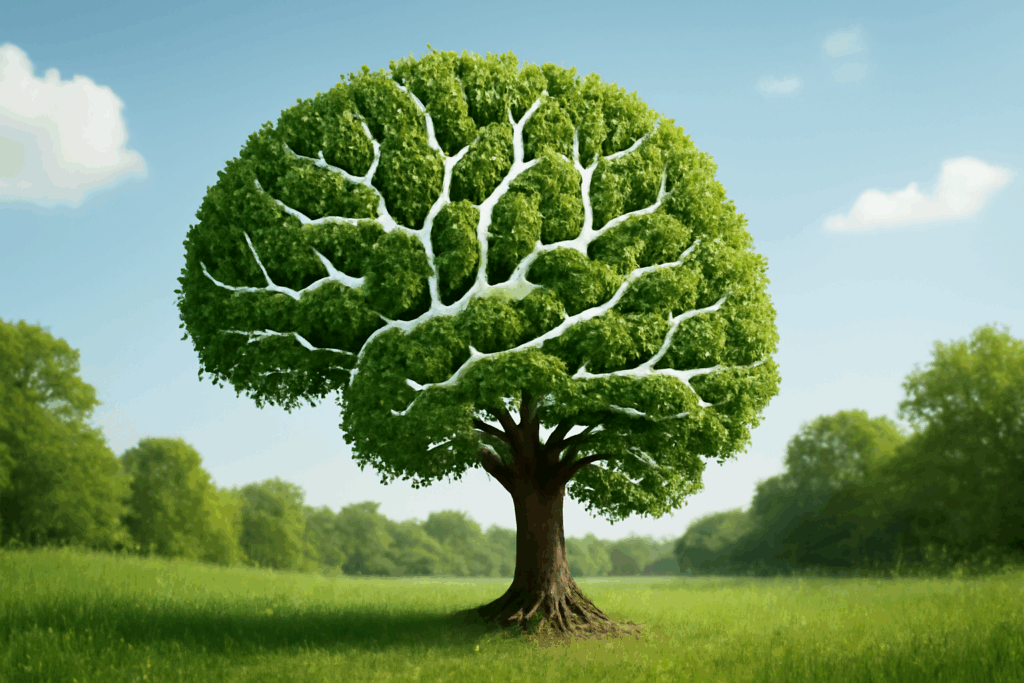
Conclusion: Strengthening Cognitive Clarity Through Herbal Support and Smart Strategies
In conclusion, making choices between alternatives is an indispensable aspect of modern life, one that demands cognitive clarity, emotional resilience, and systematic thinking. Understanding the intricate frameworks of decision-making — whether through the five decision making steps, the seven steps of decision making, or the comprehensive eight steps in the decision making process — provides a structured pathway to stronger outcomes.
Natural herbs such as Bacopa monnieri, Ginkgo biloba, Rhodiola rosea, Ashwagandha, and Holy Basil offer evidence-based support for enhancing cognitive functions critical to decision-making. When combined with smart nutritional strategies, mindfulness practices, and an understanding of cognitive development, they can empower individuals to consistently generate better decision alternatives.
As society becomes increasingly complex, the ability to make decisions with confidence and clarity is not just advantageous; it is essential. By embracing natural, science-backed methods to support our brains, we set the stage for smarter choices, more successful outcomes, and ultimately, a more empowered and resilient self. Whether studying for exams, planning a career move, or navigating life’s daily complexities, the partnership between cognitive clarity and natural herbs stands as a powerful ally in the quest for optimal decision-making.


